In today’s health and wellness market, it’s easy to get caught up in the excitement of the latest supplement trends. With promises of everything from boosting energy to promoting fat loss, many supplements come with big claims, but the truth is, most are just a waste of your hard-earned money. Here’s a rundown of 14 ‘hyped’ supplements that aren’t worth the investment.
1. Fat Burners
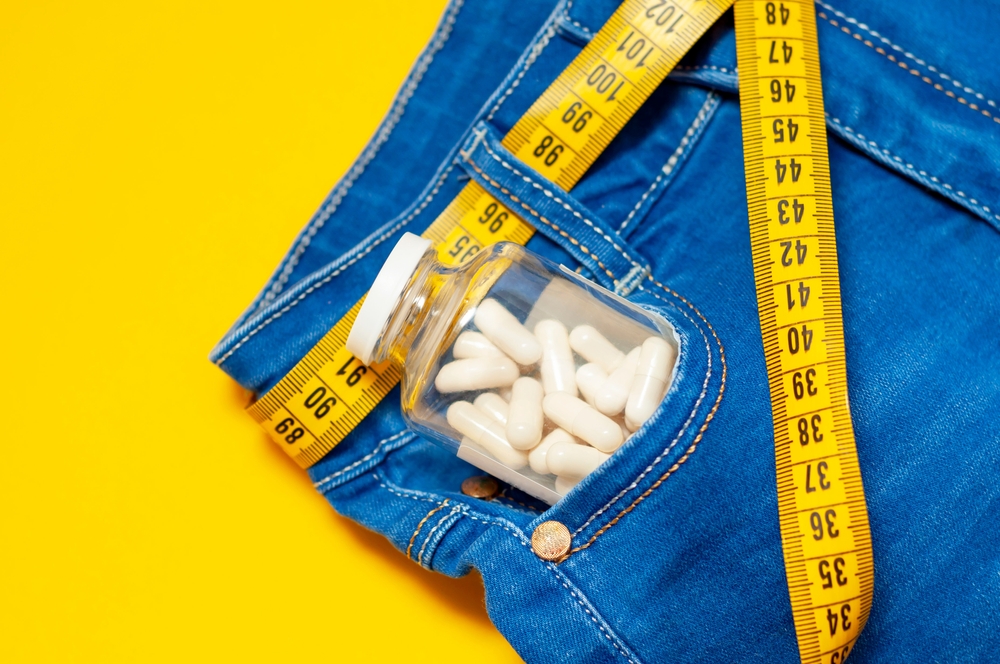
Fat burners have long been marketed as magic pills that help you lose weight without effort. However, the reality is, many of these supplements simply don’t work as advertised. The ingredients, like caffeine and green tea extract, may offer a mild boost in metabolism, but they aren’t powerful enough to result in significant fat loss. Most fat burners rely on the placebo effect, promising results that science can’t back up.
Even if fat burners did work, they often come with side effects like jitteriness, anxiety, and even heart problems. According to Go Ask Alice, fat burners are largely ineffective and may pose health risks. Instead of spending money on these quick fixes, it’s far better to focus on a well-balanced diet and regular exercise. Supplements can’t replace hard work and consistency. So, save your cash and put your energy into sustainable lifestyle changes instead.
2. Collagen Supplements

Collagen is often promoted as the key to youthful skin, healthy joints, and stronger hair. However, the scientific evidence supporting these claims is surprisingly weak. While your body does need collagen for these things, it’s more effective to focus on boosting natural collagen production through diet and exercise. Eating foods rich in vitamins C, E, and zinc is a much better way to promote skin health.
Taking collagen supplements may help in certain cases, like for joint pain or after surgery, but for most people, they’re an unnecessary expense. Collagen is broken down into amino acids during digestion, and the body doesn’t necessarily use these amino acids to build collagen in the areas you’re hoping to target. According to Houston Methodist, while collagen supplements are popular, their benefits remain largely unproven, and focusing on nutrient-rich foods is a more effective approach.
3. Multivitamins
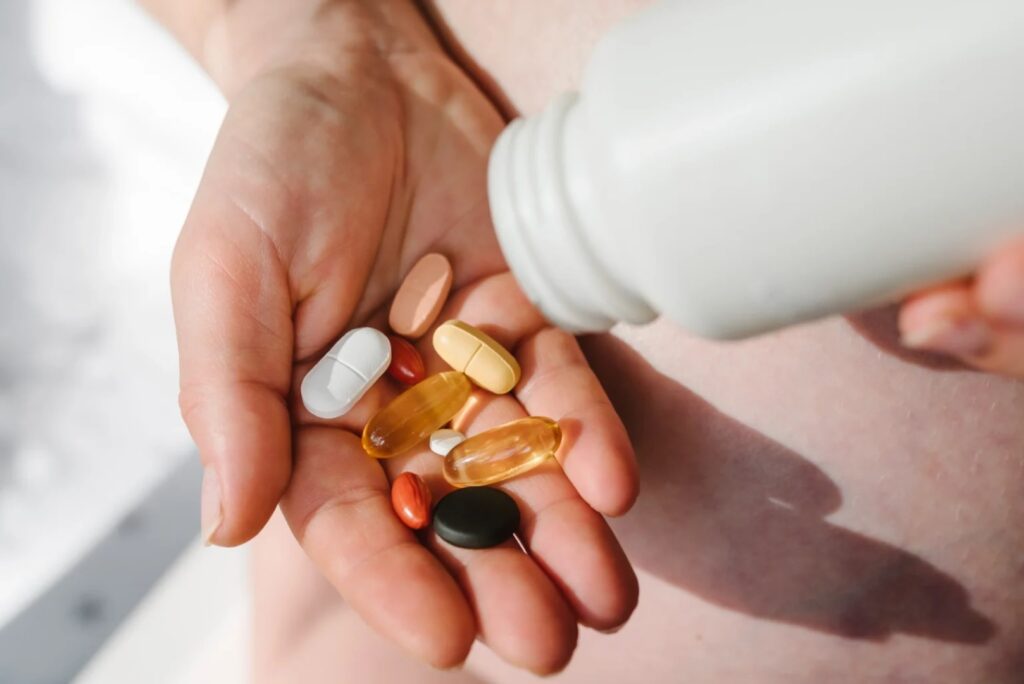
Multivitamins are a staple in many people’s daily routines, but are they doing anything? Most people don’t need to take multivitamins unless they have specific nutrient deficiencies. A balanced diet will provide all the necessary vitamins and minerals your body requires to function. If you’re eating a variety of fruits, vegetables, and whole foods, a multivitamin won’t make a huge difference.
In some cases, taking multivitamins may even be harmful, particularly when you overdo it on certain nutrients like iron or vitamin A. Excess amounts of these can lead to toxicity and cause long-term health issues. According to Harvard Health, research has shown mixed results regarding the benefits of multivitamins, suggesting they may not be necessary for most healthy adults. It’s far more beneficial to focus on eating a healthy diet than relying on a pill to “cover your bases.” If you’re unsure about your nutrient levels, speak to a healthcare professional before reaching for a supplement.
4. Detox Teas
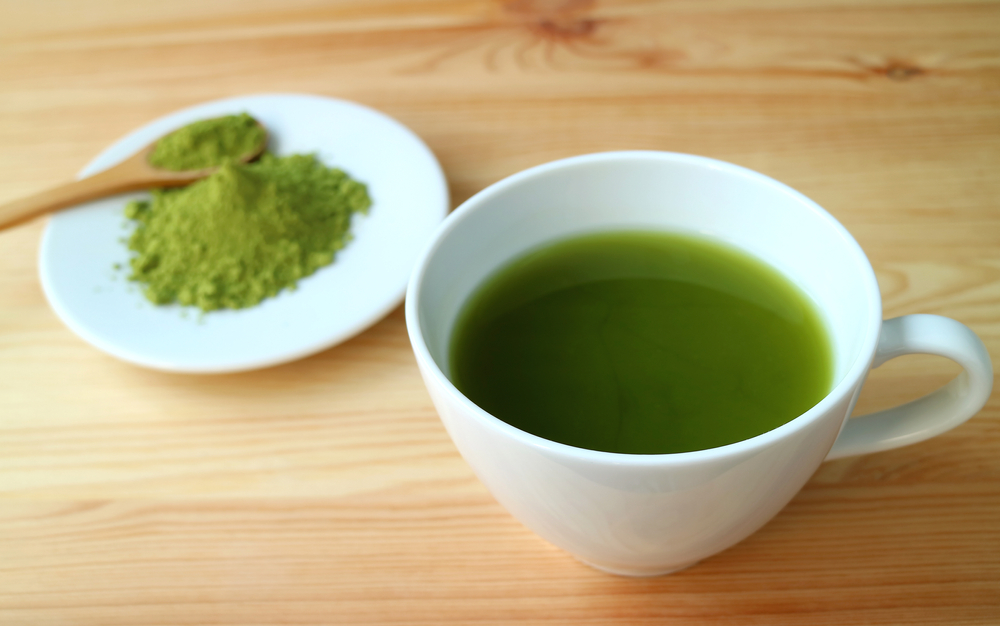
Detox teas often promise to cleanse your body of toxins and help you lose weight, but these claims are mostly misleading. The truth is, your body already has an incredibly effective detox system: your liver and kidneys. Detox teas may give you a feeling of bloating relief or improved digestion temporarily, but they don’t do anything more than that. Plus, many of these teas are loaded with laxatives, which can cause dehydration and disrupt your digestive system.
Rather than spending money on teas that make exaggerated health claims, focus on maintaining good hydration and a fiber-rich diet. Drinking enough water and eating whole foods will naturally support your body’s detoxification process. According to the FTC, many detox tea claims lack scientific backing, and some products have even been found to make deceptive health claims. Detoxing isn’t a quick fix; it’s about long-term lifestyle habits.
5. Pre-workout Supplements

Pre-workout supplements are designed to give you an energy boost before your exercise routine, but they often come with unwanted side effects. The primary ingredients, like caffeine and creatine, may give you a temporary burst of energy, but many of these supplements are packed with unnecessary stimulants. You might experience the dreaded “crash” after your workout, leaving you feeling drained and jittery.
While a small dose of caffeine can help improve focus and performance, it’s often much better to consume it naturally, like through a cup of coffee. Pre-workouts can be expensive, and the additional ingredients they contain are often ineffective or unnecessary. Instead of relying on these products, focus on getting a good night’s sleep and maintaining a balanced diet, which will naturally fuel your workouts.
6. BCAA Supplements
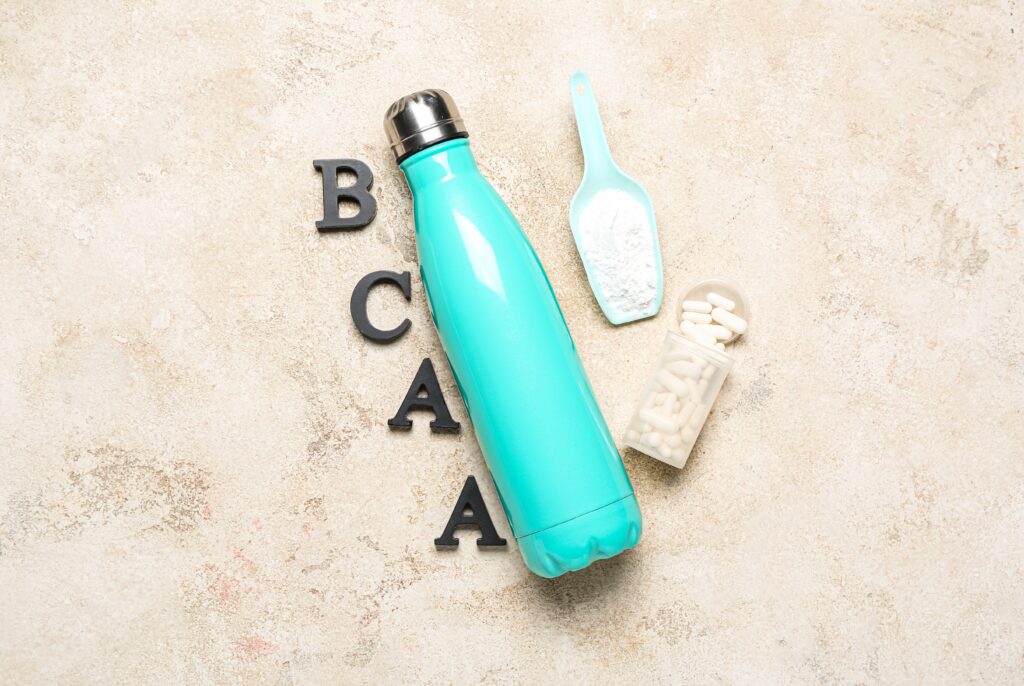
Branched-chain amino acids (BCAAs) are often marketed as the ultimate muscle recovery aid, but the evidence supporting their effectiveness is shaky at best. While BCAAs do play a role in muscle repair, if you’re already consuming enough protein through your diet, taking extra BCAAs likely won’t make a noticeable difference. Most people get enough amino acids from protein-rich foods like meat, eggs, and legumes.
Moreover, research shows that BCAAs might not be as effective as we once thought for muscle building or preventing soreness. They can be expensive and don’t offer much benefit beyond a well-rounded diet. If you’re serious about recovery, focusing on whole food sources of protein, rest, and hydration will be far more beneficial than tossing back BCAA shakes.
7. Energy Drinks

Energy drinks are often seen as a quick solution to combat fatigue, but they come with a host of potential risks. Loaded with caffeine, sugar, and artificial ingredients, they can provide a temporary energy boost but often leave you feeling worse after the crash. Excessive sugar and caffeine can also lead to long-term issues like weight gain and increased stress on your heart.
If you need an energy boost, skip the sugary drinks and reach for a healthier alternative. Water, herbal teas, or even green tea offer a more natural lift without the sugar crash. Rather than relying on an energy drink to power through the day, consider improving your overall energy levels with better sleep, a balanced diet, and regular physical activity.
8. Testosterone Boosters

Testosterone boosters are widely promoted to improve muscle growth and male vitality, but they rarely live up to the hype. Most testosterone supplements contain herbs or other compounds that may have a minor effect on testosterone levels, but the impact is often negligible for healthy men. Additionally, many of these products are poorly regulated, making it hard to know exactly what you’re getting.
If you’re concerned about low testosterone, it’s much more effective to speak with a healthcare professional who can run tests and offer a medically supervised treatment plan. Supplements that promise to boost testosterone are often a waste of money and could even be harmful. Maintaining a healthy diet, regular exercise, and managing stress are much better ways to naturally support hormone balance.
9. Glutamine
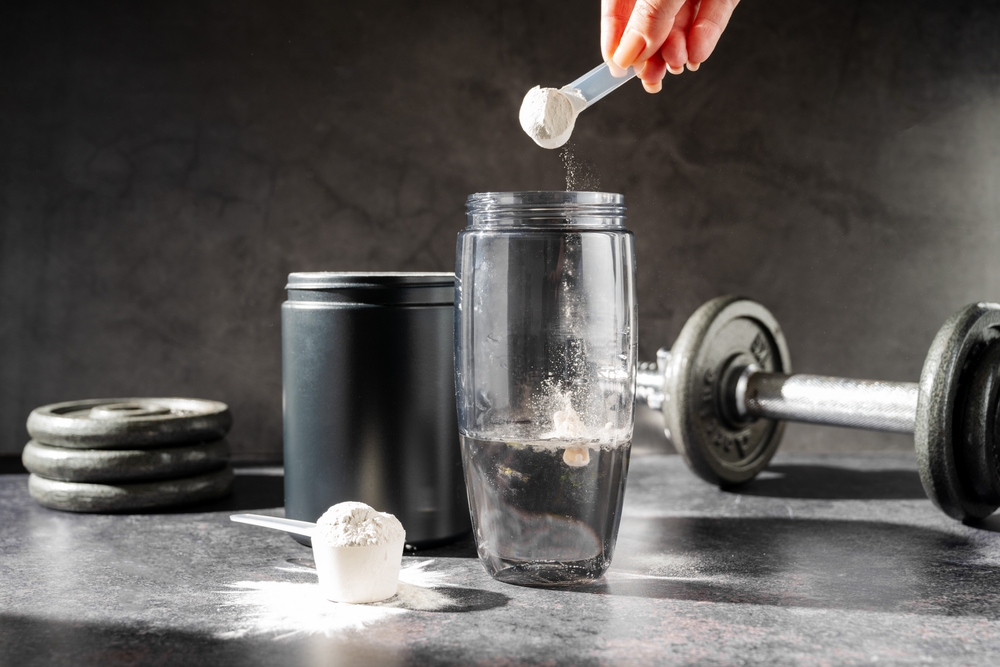
Glutamine is an amino acid that is often marketed as essential for muscle recovery, but research has shown mixed results. While glutamine is important for overall body function, the average person’s diet typically provides sufficient amounts of it. If you’re consuming enough protein, adding extra glutamine won’t significantly boost muscle recovery or performance.
For athletes with intense training regimens or those recovering from illness or surgery, glutamine might be helpful, but for most people, it’s an unnecessary supplement. Instead of spending money on glutamine, focus on ensuring your diet provides all the essential nutrients for muscle repair and growth. A protein-rich diet and proper hydration are often all you need to recover effectively after exercise.
10. Superfood Powders
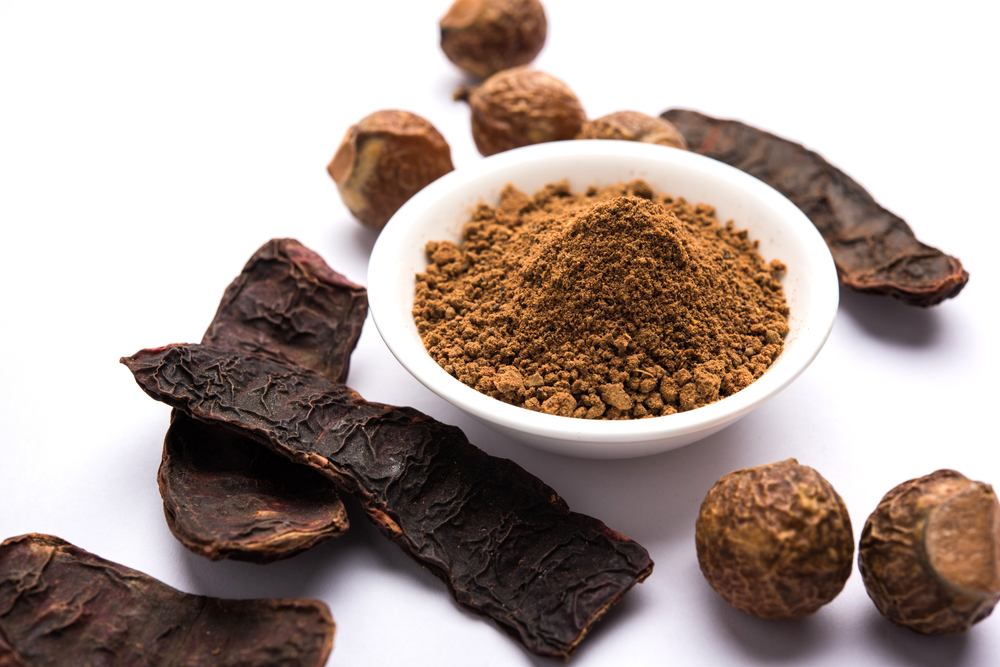
Superfood powders, like spirulina and wheatgrass, are often marketed as the ultimate health booster. While they do contain some beneficial nutrients, they’re not a magical solution to poor dietary habits. In reality, a few teaspoons of these powders likely won’t have a significant impact on your health when compared to eating a balanced diet full of fresh fruits and vegetables.
These powders can be expensive, and their health benefits are often overstated. It’s much better to focus on whole, natural foods to get your nutrients. If you’re looking for a health boost, you’re better off eating a colorful variety of vegetables and fruits, which provide a wide range of vitamins, minerals, and antioxidants without the need for overpriced supplements.
11. Carbohydrate Blockers
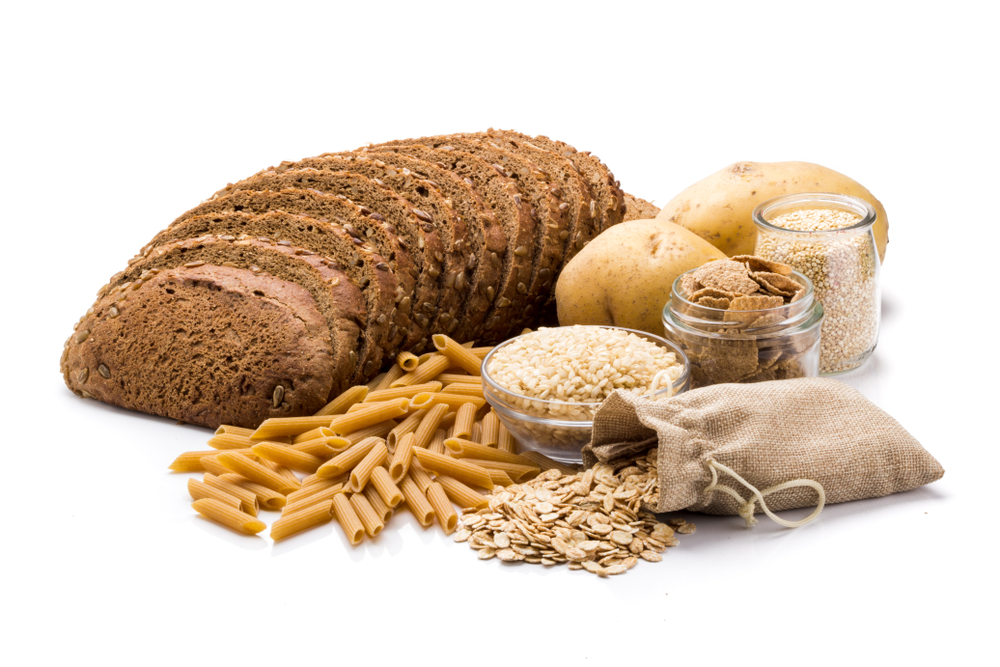
Carbohydrate blockers are marketed as a way to stop your body from absorbing carbs and prevent weight gain, but the science behind them is questionable. These supplements often contain ingredients that may slightly reduce carbohydrate absorption, but they won’t dramatically affect weight loss. Moreover, the impact of these products is minimal compared to simply reducing the amount of refined carbs you consume.
Rather than relying on carbohydrate blockers, it’s more effective to focus on eating a balanced diet with a moderate amount of carbs. Choosing complex carbs, like whole grains, fruits, and vegetables, will keep your blood sugar stable and support your overall health. Supplements that promise to block carbs are just another quick-fix marketing ploy that won’t deliver lasting results.
12. Memory-Boosting Supplements

Memory-boosting supplements often claim to enhance cognitive function, but the evidence is sparse at best. While certain herbs and vitamins may help support brain health, most of these supplements don’t offer any measurable improvements in memory or focus. The human brain is incredibly complex, and there’s no quick pill that can instantly enhance memory, especially for healthy individuals.
If you’re looking to improve your memory and cognitive abilities, focus on a healthy lifestyle that includes regular physical exercise, mental stimulation, and a balanced diet. Getting adequate sleep and managing stress are two of the most effective ways to keep your brain sharp. Avoid wasting money on pills that promise memory miracles and focus on sustainable habits for long-term brain health.
13. Joint Supplements
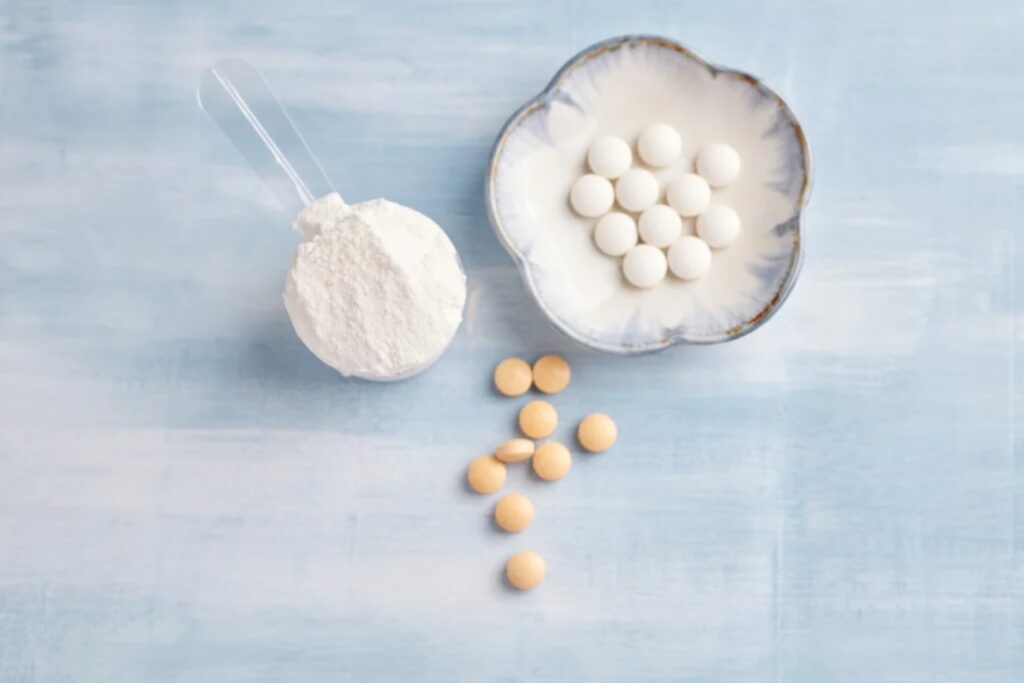
Joint supplements, particularly those containing glucosamine and chondroitin, are commonly recommended for people with joint pain, but they don’t always deliver. While some studies show minor benefits for people with osteoarthritis, the evidence is inconsistent. For most people, these supplements offer little more than a placebo effect when it comes to relieving joint discomfort.
Instead of relying on joint supplements, focus on maintaining a healthy weight and staying active. Exercise, particularly weight-bearing activities like walking and swimming, can help keep your joints flexible and strong. If you have chronic joint pain, consult a healthcare provider for more effective treatments, as supplements aren’t a cure-all.
14. Mood-Enhancing Supplements
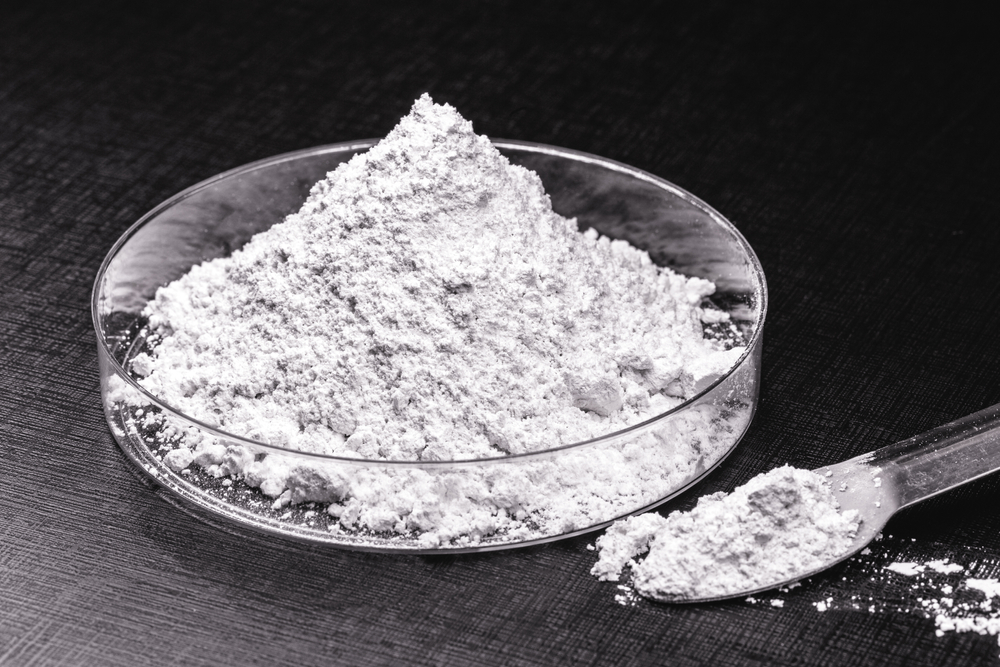
Mood-enhancing supplements, like St. John’s Wort or 5-HTP, are marketed as natural ways to improve mental well-being, but the research supporting their effectiveness is often inconclusive. While some people might experience slight improvements, the benefits are often temporary or not noticeable. Additionally, these supplements can interact with prescription medications, causing unwanted side effects or complications.
Rather than relying on supplements, focus on lifestyle factors that directly impact mood, like exercise, adequate sleep, and stress management techniques. If you’re struggling with your mood, it’s better to seek professional advice rather than reach for a pill that might not help. Mental health requires long-term care and professional support, not a quick-fix supplement.

Abisola is a communication specialist with a background in language studies and project management. She believes in the power of words to effectively connect with her audience and address their needs. With her strong foundation in both language and project management, she crafts messages that are not only clear and engaging but also aligned with strategic goals. Whether through content creation, storytelling, or communication planning, Abisola uses her expertise to ensure that her messages resonate and deliver lasting value to her audience.


